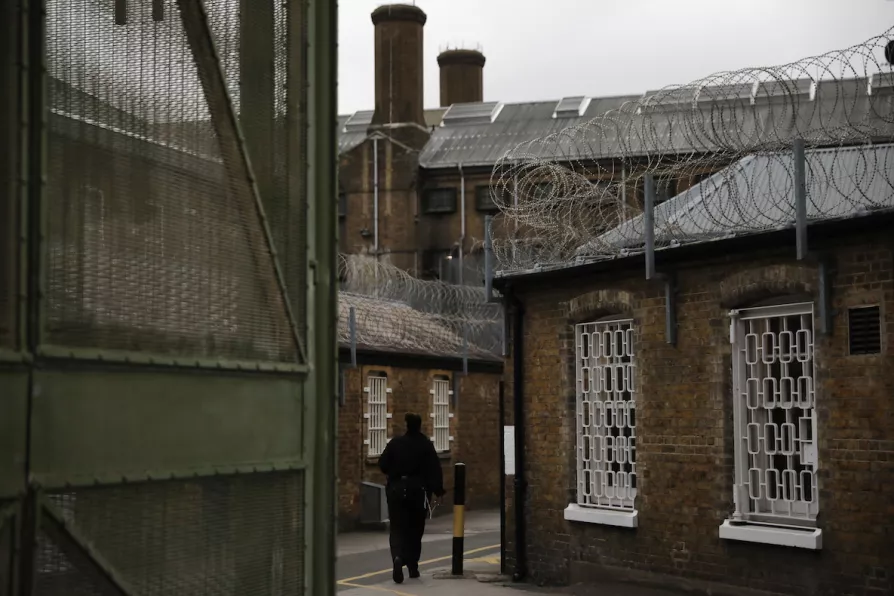
 A general view inside HMP Brixton
A general view inside HMP Brixton
MORE than 10,000 prison officers were attacked in overcrowded jails in England and Wales in the last year — an increase of almost one-third — new figures revealed today.
Of the 10,281 assaulted, the highest number for 20 years, nearly 1,000 prison officers suffered serious injuries needing medical treatment or hospitalisation.
The “serious” injuries include fractures, burns, extensive bruising, black eyes, broken noses and teeth, cuts, bites, temporary or permanent blindness and sexual assault.

MARK FAIRHURST highlights the main issues facing officers in a long neglected service, and raised by front-line delegates at POA conference last week, including understaffing, violence, bullying and the ongoing denial of workers’ right to strike

Working in a high-risk sector, prison officers’ calls for proper PPE must be heeded – and the POA will be fighting to ensure effective protection at work is delivered, writes MARK FAIRHURST












